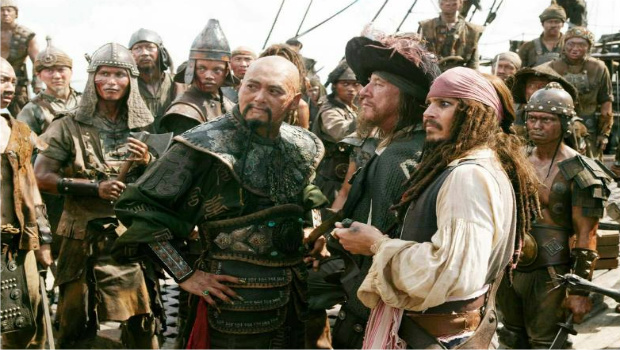I can’t imagine ever seeing a general consensus when it comes to software piracy. Consumers, developers, publishers and the media all approach the situation from different angles and have different motivations and investments in the software. Unity Technologies, developers of the Unity game engine and editor, have added some more gray to the piracy canvass. John Goodale believes that China’s culture of piracy allowed his company to make waves in the East.
I was an original DOS, Lotus 123 user. Then I heard of this thing called Excel, but I couldn’t imagine going away from Lotus 123 — it’s what I knew. Then somebody gave me an illegal copy of Excel, and I loved it, and I’ve purchased it ever since… Piracy can be a way to seed a market. Nobody will ever fully conquer the piracy problem, but we can certainly turn it to our advantage, and I think that’s what we’ve done in China.
Despite not being a big player in the Asian markets, the four cities with the most Unity sessions per month are Seoul, Beijing, Shanghai and Nei Hu. By getting this foothold Unity was able to secure $12 million in funding to expand their operations in Asia in July.
I’m always impressed when developers come across something that could be considered a major problem, yet turn it to their advantage. Major publishers like EA and Activision are more than happy to make their consumers’ experiences less than satisfactory. They even attempt to cripple markets which allow less financially stable consumers to still experience their products, such as used games. By “going to war” with pirates they have made them even less likely to ever spend money on their new foes’ products, while also harming their legitimate customers.
I think it’s safe to say we’d all rather see companies innovate in the face of piracy, rather than just attacking consumers. I doubt we’ll see that from larger developers or publishers, but we are already seeing it with indie titles. No Time To Explain even got a special pirate themed edition for pirates to enjoy. Pirates are still potential customers, but they probably won’t change their habits if being an actual consumer means having to put up with DRM or multiplayer passes.
Piracy helped Unity’s expansion into China [GamesIndustry.biz]


